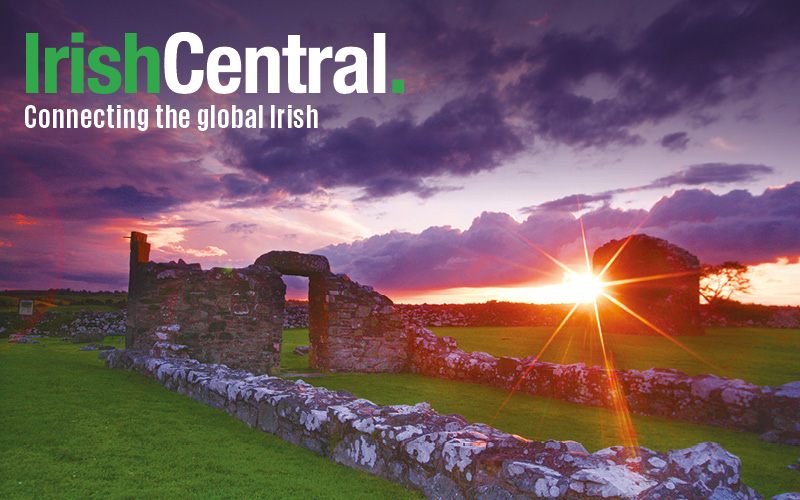The unforeseen impact of Brexit on Northern Ireland presents a sobering vista for First Minister Arlene Foster, with the possible return of a hard border with the Republic and the unintended destabilization of the peace process chief among them.
But it’s even worse for her neighbors in the Republic. They did not have a say, nor were they consulted, in the wider U.K.’s dramatic retreat from the European Union that is certain to have a profound economic impact on the island as a whole.
The Republic’s “unique” vulnerability isn't being taken seriously enough in Brussels or in London however, The WSJ reports.
Going to ground, Northern Ireland First Minister Arlene Foster refuses to give the Irish government an opportunity for a thorough debate, instead sourly accusing them in a rabble rousing party conference of “poaching” their financial investors and “talking down” Northern Ireland.
When tasked with an opportunity to show leadership, Foster now routinely shows pique instead.
For months before the Brexit vote the government in the Republic issued stark warnings of the negative consequences for the country’s economy and the potential impact it could have on the peace process in place since the Good Friday agreement in 1998.
A small island divided by a porous political and economic border, Brexit - as the UK’s House of Lords acknowledged in a report published by their European Union Committee at the weekend - threatens that “unique relationship.”
It’s a relationship rests on “a special set of historical, geographical, economic, social and cultural ties” that are now threatened by the leave vote, the Lord's added.
Facing into the gathering crisis, the report proposes a solution: a bilateral treaty between Ireland and the U.K. to eventually be incorporated into the withdrawal agreement.
“We do not underestimate the legal and institutional difficulties of translating such recognition into a final agreement. Yet the unique nature of U.K. - Irish relations necessitates a unique solution,” the report says.
But the EU are unlikely to agree to a separate settlement between Ireland and the U.K. that would give preferential treatment to the former over a wide range of areas.
“Ireland is piggy in the middle,” Ben Tonra, a professor of international relations at University College Dublin told The WSJ. “To be torn between the U.K. on the one side and the E.U. on the other is going to be difficult.”
Acknowledging this fact, the new Lords’ report proposes the U.K. government also negotiate on Ireland’s behalf.
“The primary responsibility for drawing attention to and finding solutions to these issues lies with the U.K. government,” it said. "Ireland now faces challenges that are not of its own making.”
Currently neither London, Belfast nor Brussels are giving the crisis for the Republic the attention it deserves, however.




Comments